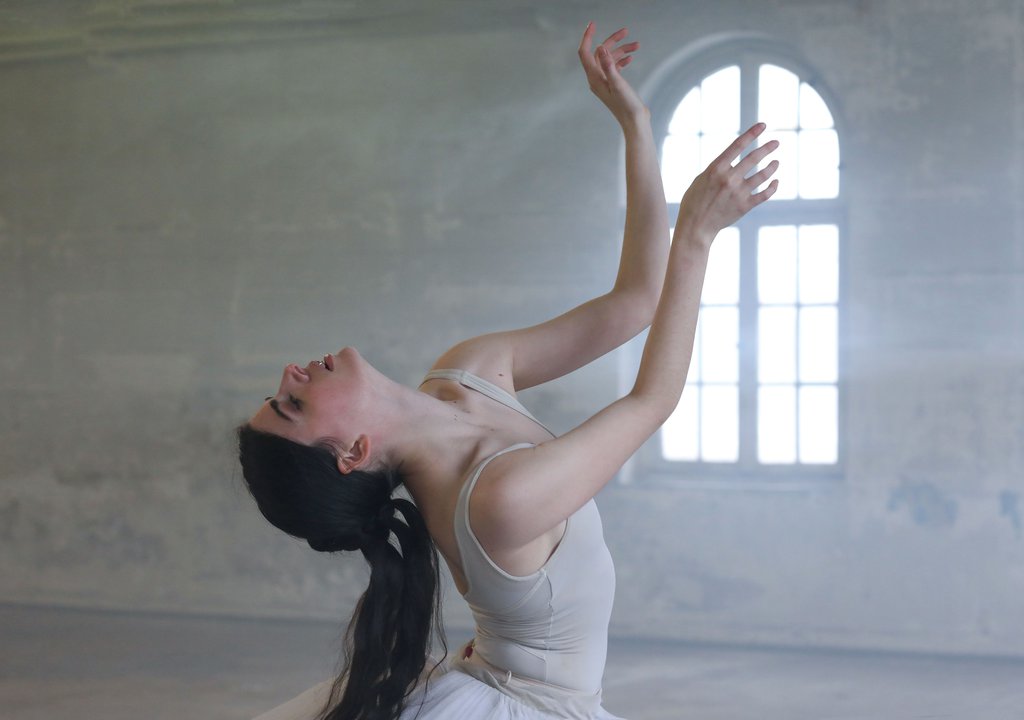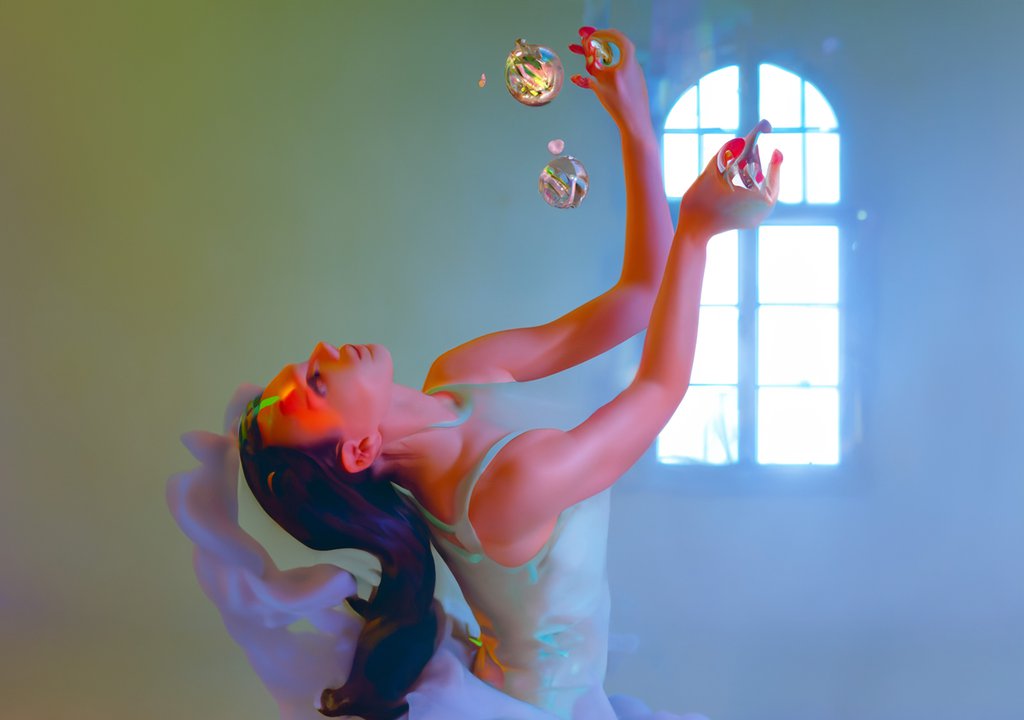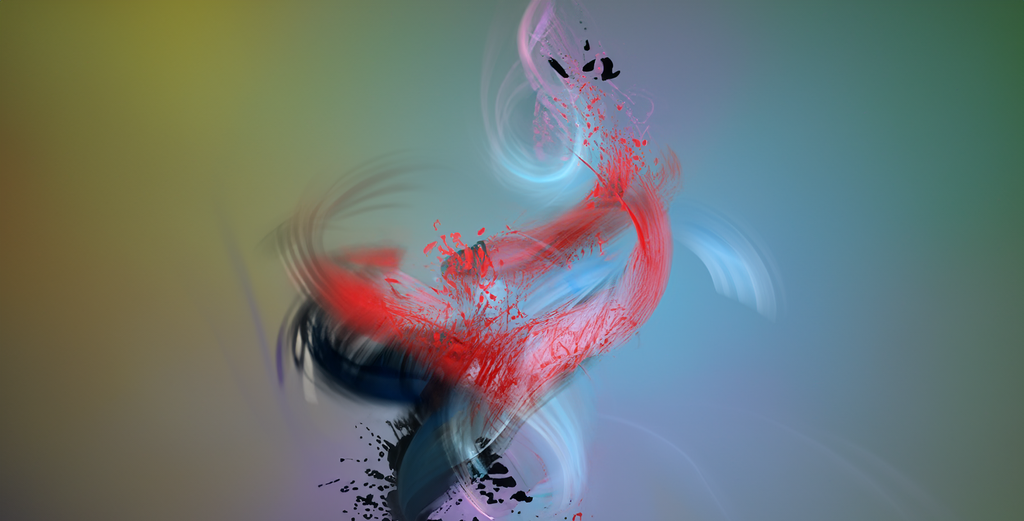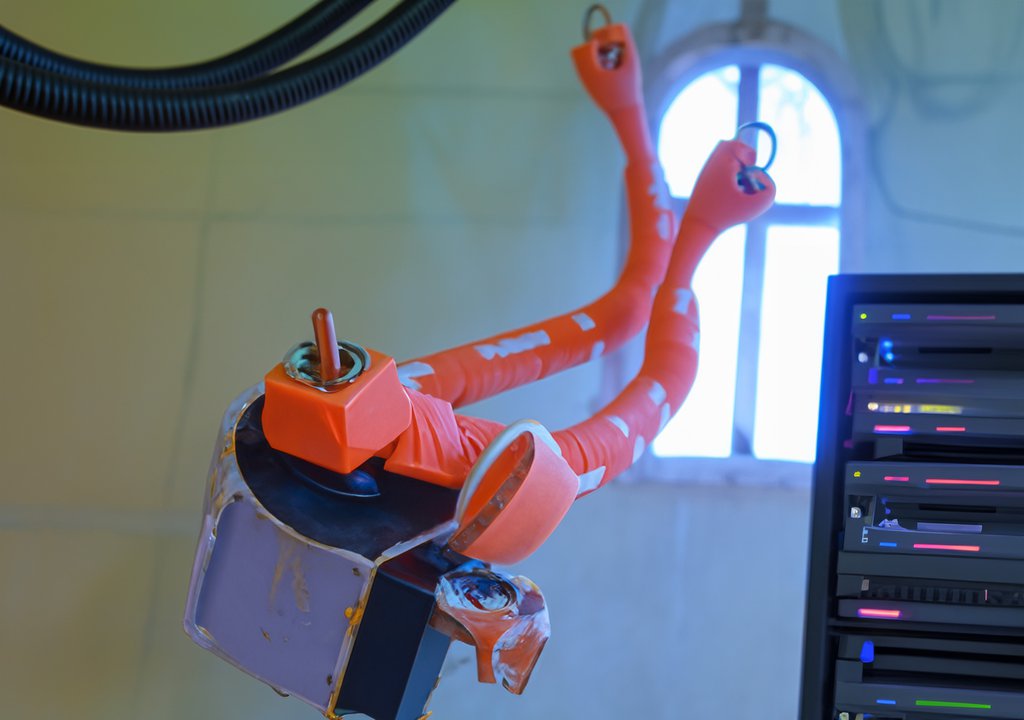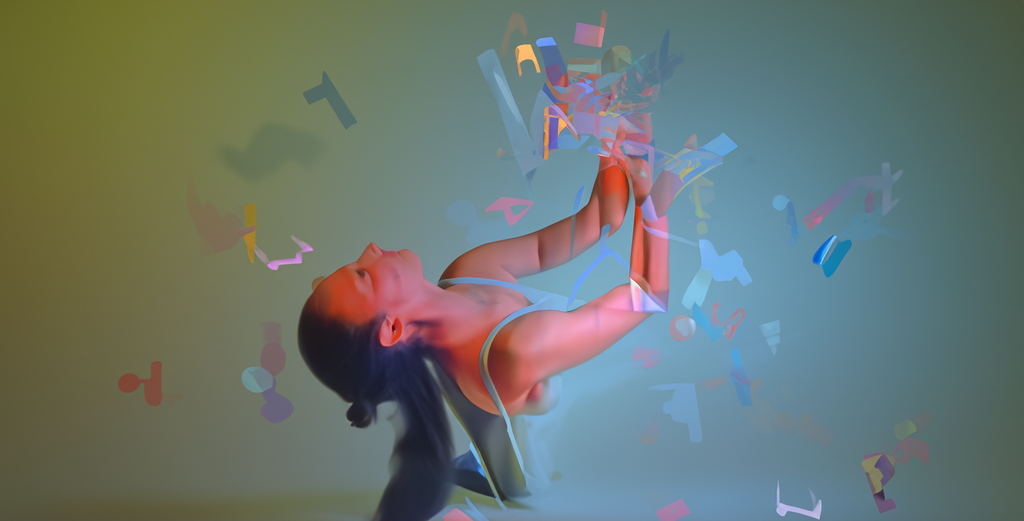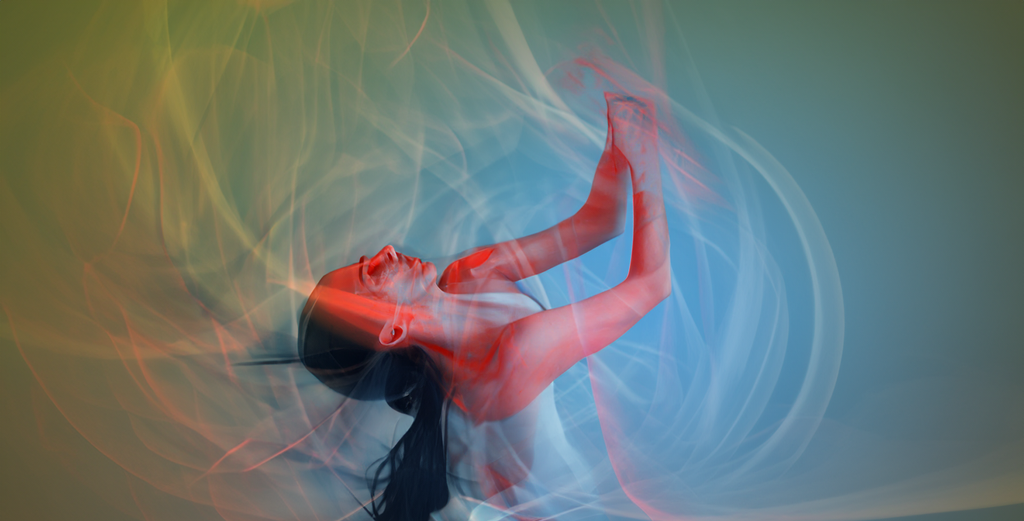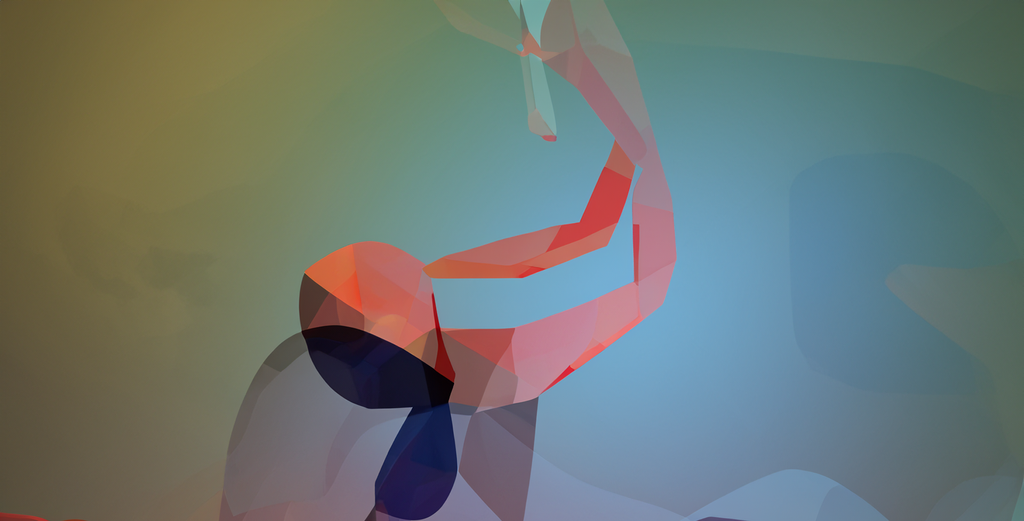A concert at Beethovenfest Bonn 2024 that blurs the boundary between man and machine: student manager Zsolt Máté Kiss asked the artists of the new production »Galatea Upload« and takes us along to the staged concert.

»Galatea Upload« on 27.9.2024 offers a fascinating opportunity to explore the interplay between man and machine in art. The theme of artificial intelligence (AI) is at the center of the evening and promises the audience an impressive audiovisual experience. What sets this event apart from traditional concerts is the deep integration of AI systems into the creative and performative structure of the concert.
The genesis of the idea
An encounter with the futureThe concert was developed with the idea of taking up the social discourse on AI and reflecting on it in an artistic form. For the Beethovenfest team and the artists, it was clear that they wanted to focus on the current debate about the influence of AI on society and on art in particular. Director Anna Drescher describes her starting point when working on the piece:
»AI is on everyone’s lips. What this technology does to us as human beings, where we stand in all these developments, what our fears and opportunities are – that’s what we looked at and built the dramaturgy of the concert around these questions.«
The focus was not only on technological progress, but also on the deeper question of how the relationship between man and machine is developing. Where are the boundaries? Can humans continue to retain control over the creative process, or will the machine one day take over the dominant role?
The cover image of »Galatea Upload« was also created with the help of the Adobe Firefly AI generator. The original image of dancer Sara Ezzell was continually alienated and recomposed by repeating a prompt, i.e. an instruction to the AI. The cover image (see above) was selected from the results.
Artists and KI
A creative collaborationThe special thing about »Galatea Upload« is the close collaboration between artists and AI systems. Iñigo Giner Miranda, the composer of the third scene of the concert, has intensively incorporated the new possibilities into his work:
»I worked with AI tools at all levels – be it for texts, music or videos. The music recordings and videos are completely AI-generated.«
Freely available tools such as ChatGPT, Udio and Reface were used. »It’s particularly interesting for me that I created the entire text with ChatGPT, as it would have been impossible for me as a non-native speaker to write stage texts in this form before,« explains Iñigo.

Musicians and AI experts
Understanding the discourseIn addition to Iñigo and the musicians of the Junge Deutsche Philharmonie with conductor Anne-Sophie Brüning, the Deutsches Museum Bonn also played a key role in the production. The experts there contributed their expertise on the AI discourse and helped to understand the technical possibilities and challenges. The collaboration between the artists and the AI experts led to a completely new form of composition that goes beyond the classic framework of a concert.
Anna Drescher also sees the close connection between man and machine as the core of the project:
»It won’t be obvious to the audience at times what in the piece was generated with AI and what came from human minds. This blurring challenges us to rethink the boundaries of creativity.«

Music of the future
Inspired by algorithmsIn »Galatea Upload«, the artists reflect on the singularity – a concept described by futurologist Ray Kurzweil. It refers to a point in the future when machines surpass human intelligence and the boundary between man and machine is finally blurred. The play imagines this future scenically and musically: Scenarios in which technology not only supports the creative process, but even takes it over completely. For example, various AI-generated video filters were used for the set design in the Kreuzkirche. This technology enables the artists to create complex audiovisual elements that would have been almost impossible to realise using traditional methods.
»It’s incredible what has become possible in such a short space of time, and it will be breathtaking to see what’s in store for us as a society in the near future,« says Anna Drescher.

The audience as a part of the AI interaction
»Galatea Upload« doesn’t just want to tell a story about AI, but also bring the audience into dialogue with the AI systems. In this way, the audience is subtly involved in the creative process. For example, certain reactions from the audience are recorded during the performance and analysed by the AI in order to weave them into the musical performance in real time. The audience is directly integrated into the performance and actively involved in the creation of the music.
Even during the development process, young people from Bonn helped shape the material for the production with their ideas. Students from the comprehensive school Bonns Fünfte not only perform on stage, but also provide the textual content:
»The pupils have contributed their views in the form of sound recordings, which have been incorporated into the musical compositions,« says Anna Drescher.
New perspectives on the relationship between human and machine
Anna Drescher also sees collaboration with artificial intelligence as a challenge:
»The question of where humans keep the reins in their hands and where the machine takes over remains exciting. It is becoming increasingly difficult to distinguish between fake and truth.«
The performance deals with this dichotomy between tool and challenge. The new technology is forcing us to rethink the role of humans in art. Can we really speak of creativity when an algorithm does most of the work? And what responsibility do artists bear in a world in which the boundaries between the human and the machine are becoming increasingly blurred?
The concert poses these questions directly into the room without giving a clear answer. Rather, it is an invitation to the audience to reflect on their own role and their own understanding of art.
